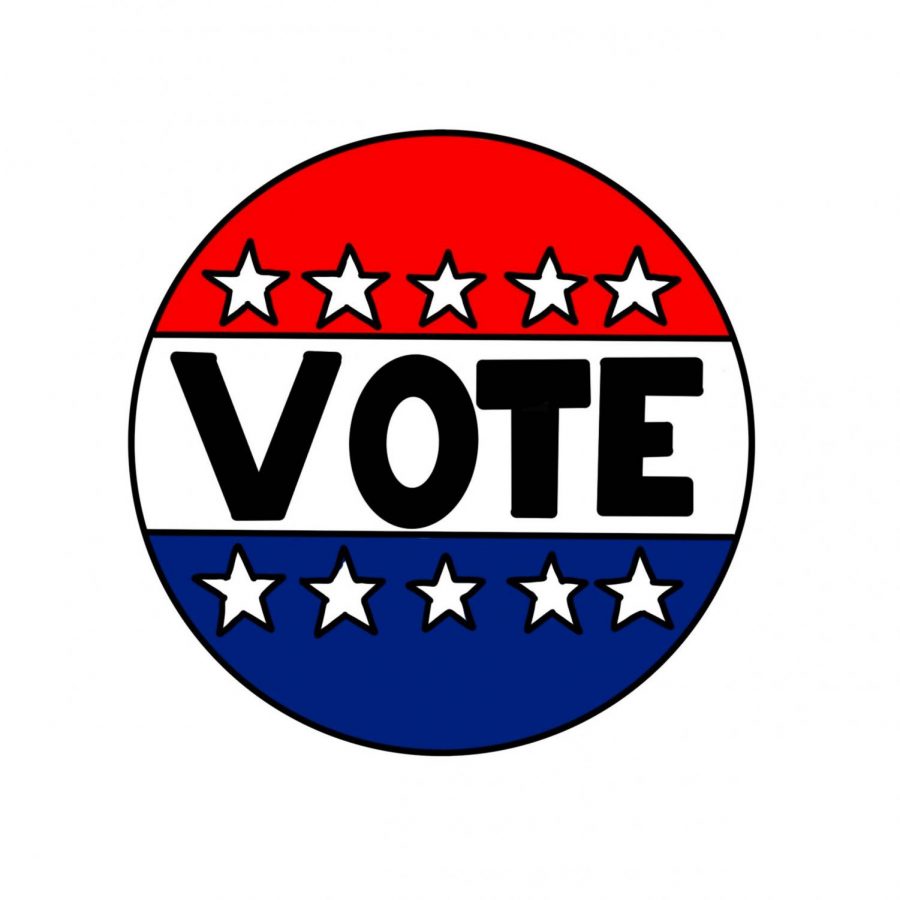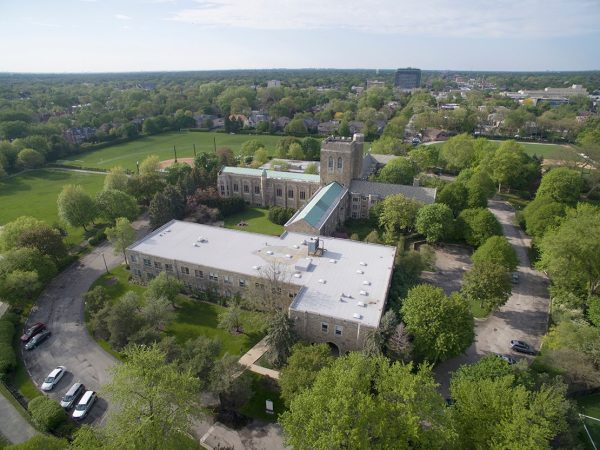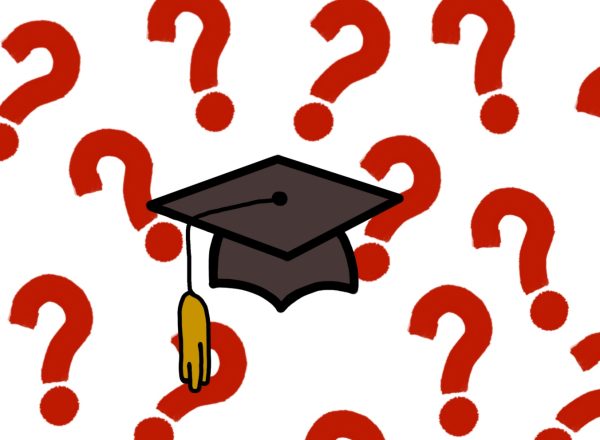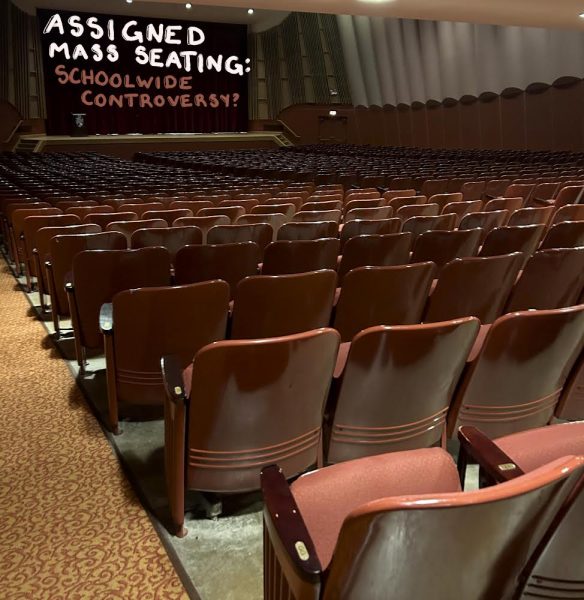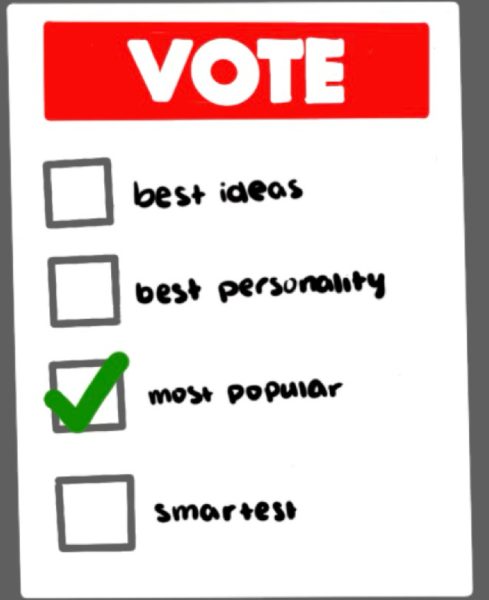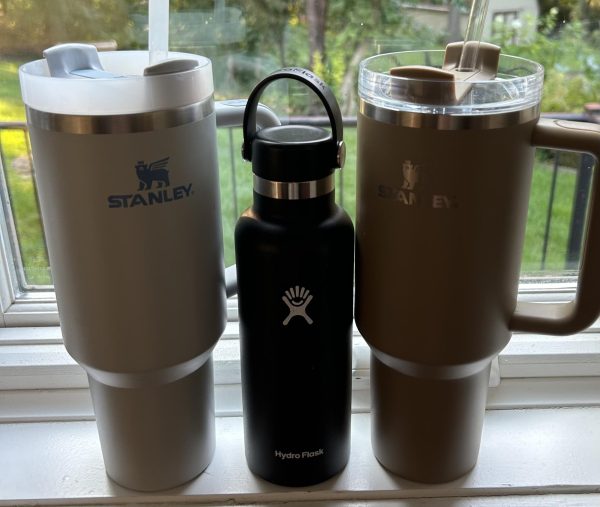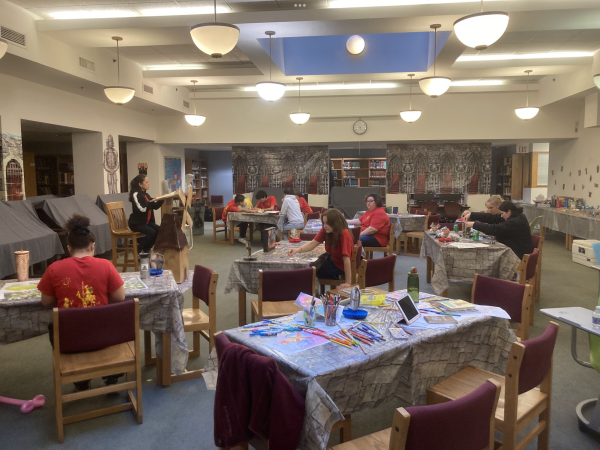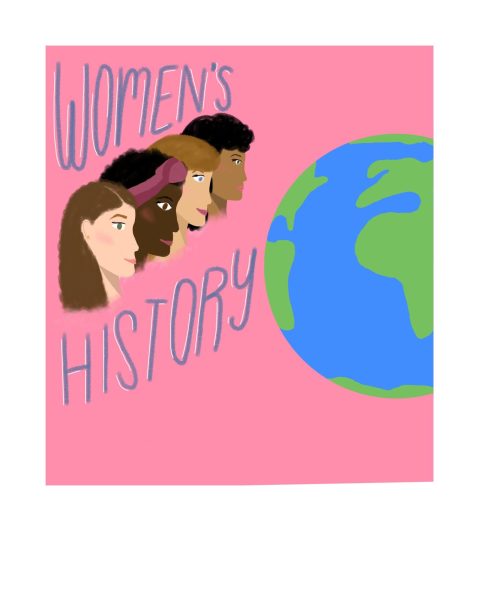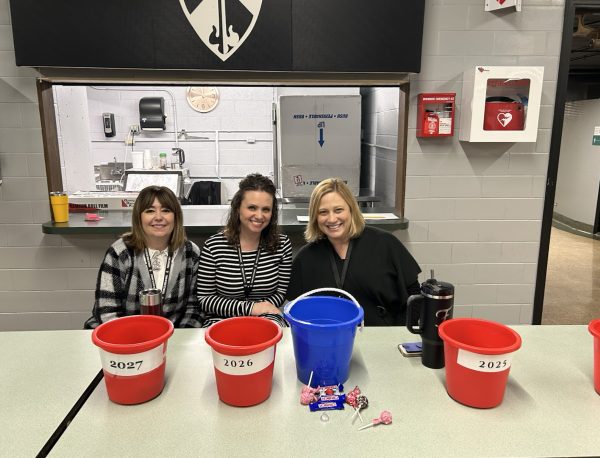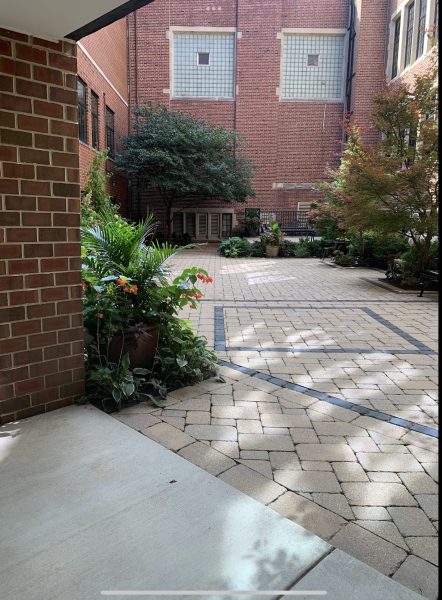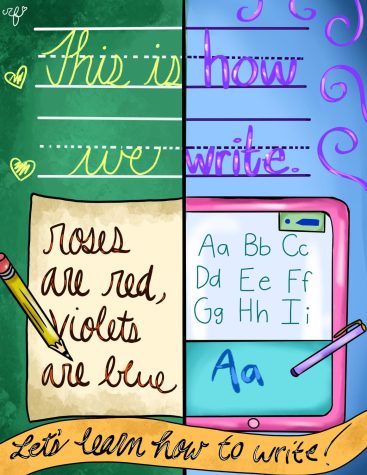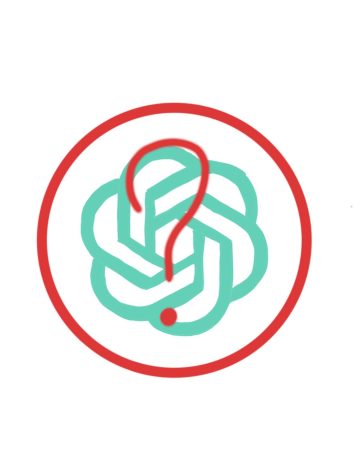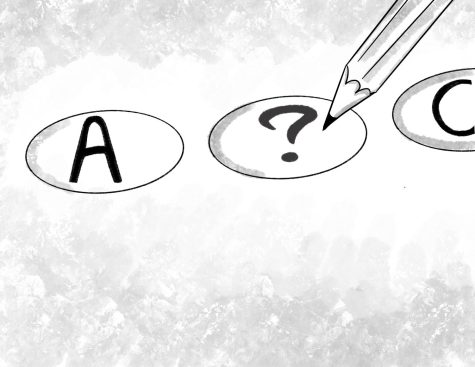Is it Right to Abstain from Voting if you are Eligible to Vote?
“This is no time for apathy or complacency, this is a time for vigorous and positive action.” These words spoken were by Dr. Martin Luther King, and they couldn’t ring more true today. With the upcoming election fast approaching amidst a time of great distress and upheaval in our country, it is vital that we take this “vigorous and positive” action and vote for candidates that will champion critical issues, protect American democracy and bring about positive systemic changes. Given the state of our country, abstaining from voting is complacent, selfish and simply undemocratic. Voting is more than just a right; -it’s a duty.
Social Studies teacher Mr. Wieckiewicz affirmed the importance of voting: “Voting is the most direct way to make changes in your government, local or national. If you have ever complained about a government-related issue like taxes, potholes, legal limits, [or] voting rights, and you do not vote, you really have no right to complain because you did not play a role in the decision-making process. People voted in the representatives that are not fixing the potholes you run over every morning on the way to school.”
Unfortunately, in the digital age, Americans are constantly surrounded by misconceptions and misinformation, often resulting in a lower voting turnout. “My vote doesn’t really matter,” “All mail-in voting is fraudulent,” and “I’m not voting because this won’t affect me,” are common myths that seriously threaten our democracy. With the coronavirus pandemic still raging, many Americans will be casting mail-in ballots this year. However, some potential voters have expressed concern that the mail-in process encourages fraudulent voting. However, this concern has not been substantiated by evidence and should not be used as an excuse for voting abstention. Voting fraud in the U.S is extremely uncommon. In fact, The Washington Post claims that out of the 4.6 million votes cast by mail in the 2016 and 2018 general elections, only 0.0025 percent were considered fraudulent or suspicious. Furthermore, all absentee, and mail-in ballots are verified before being counted. And while some politicians are raising much concern about mail-in voting, it should be noted that absentee mail-in voting has been successfully employed in all fifty states for years.
While it may seem unlikely that your single vote makes a difference, it truly can. If individual votes weren’t important, then voter suppression wouldn’t be such a contentious issue. According to NPR, within the past ten years, there have been numerous instances in which small numbers of votes really did make a difference. For example, in the 2008 U.S. Senate race, Democrat Al Franken defeated Republican Norm Coleman by just 312 votes out of almost 2.9 million votes cast, giving the Democrats a 60-vote supermajority in the Senate.
Senior Jessica Saavedra will be voting for the first time this year. When asked what her vote meant to her as an 18 year old, she explained, “My right to vote means everything really. There have been so many people who have fought for my, and many others’ right to vote. It only feels right to properly exercise.” Saavedra further explained that while she feels discouraged by the state of the country, she will continue to cherish her right to vote. “Our voice matters. We have the ability to create change and it’s our responsibility as Americans to vote.”
While Jessica’s frustration motivates her to take action and vote, some Americans use this frustration as an excuse to withdraw from the electoral process. As Mr. Wickewitz stated, “The whole reason this country has made so much progress is because of voting. Even though this country has been through awful periods before, the way past those problems has been through civic participation, whether it be voting and/or protesting. If you do not vote, then you are letting other people decide your future and your life for you.”
Given all that is at stake, voting is imperative. Through our vote we have the ability to advocate for a more inclusive and just society. In casting a ballot, we are essentially affirming what is important to us and taking part in shaping our own destiny. The power of our vote should not be taken for granted–it is a hard-won privilege.
In the words of Mr. Wieckiewicz, “Americans have died for our citizens to have the right to vote. People in other countries have died trying to get the right to vote and were unsuccessful. Our American democracy should be an example of an effective democracy where we have high voter turnout and high civic engagement, but every election where someone doesn’t vote, that does not just affect that person, it affects all of American democracy.”



